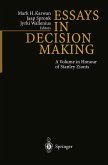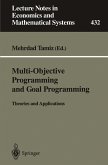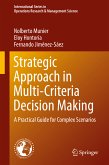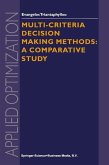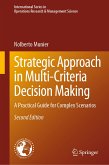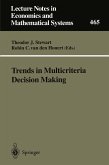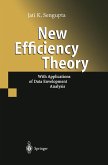To all who taught me, and to all who will. Over the past fifteen years the notions of efficiency and sustainability have, more than any others, influenced the academic and public discussion concerning the intertemporal allocation of resources, especially as regards the economics of growth and environment. This treatise formally develops and counterposes these notions by means of the construct of a trajectorial objective, which is here developed, along with its implications, as a natural advance upon the classical scalar objective. In the course of this study it becomes clear that efficiency and sustainability are by no means identical, given that efficiency, on the one hand, is the concept for avoiding wasteful behavior, and sustainability, on the other, is the concept for ensuring that certain critical aspiration levels, which usually reflect the wish for survival, are maintained. Nonetheless, contrary to what may be assumed, these two concepts do not generally yield mutually exclusive solutions; in fact, they can be combined to complement each other in the quest for unimprovable long-term solutions which sustain given and necessary aspiration levels. This treatise develops and analyzes dynamic decision models (DDM) with one trajectorial objective according to the methodology of multi criteria decision making (MCDM). Moreover, introducing the method of distance maximization crucially augments MCDM and proves to be invaluable for DDMs in the case of a nonexistent utopia trajectory as well as in the case of sustainability as objective.
Dieser Download kann aus rechtlichen Gründen nur mit Rechnungsadresse in A, B, BG, CY, CZ, D, DK, EW, E, FIN, F, GR, HR, H, IRL, I, LT, L, LR, M, NL, PL, P, R, S, SLO, SK ausgeliefert werden.



